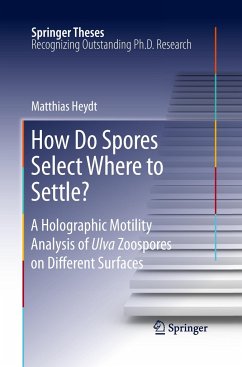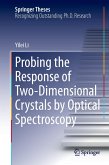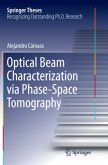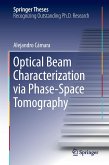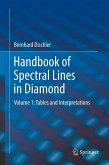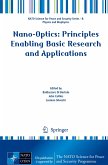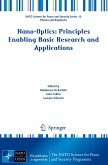In this thesis, Matthias Heydt applies digital in-line holography to achieve for the first time a complete three dimensional and real time motion analysis of Ulva zoospores, both in solution and in the vicinity of different surfaces. These results provide previously unknown information about the behavior and mechanism spores use to select a suitable site for settlement. This work gives deeper insight into biofouling algae and stimulates new design strategies for antifouling coatings. Furthermore, the tracking system developed during this research could be used as a new system for assessing the antifouling performance on different surfaces at very early points in time, allowing disentanglement of surface conditioning and interaction of spores with pristine chemistries.
Bitte wählen Sie Ihr Anliegen aus.
Rechnungen
Retourenschein anfordern
Bestellstatus
Storno

